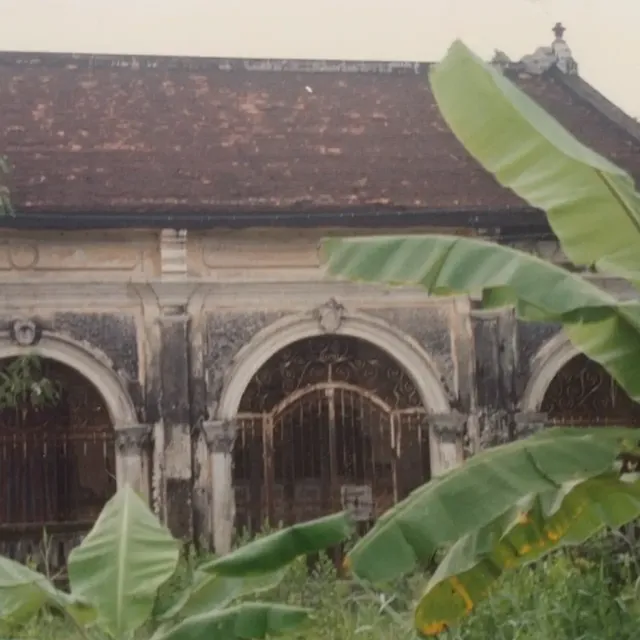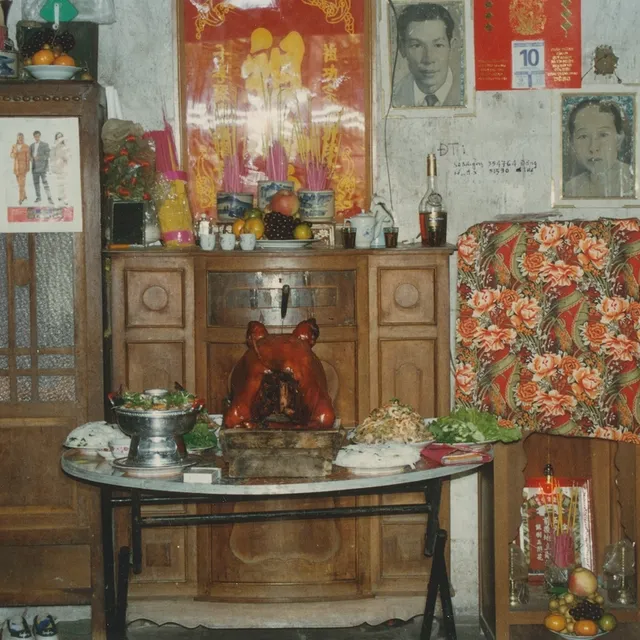“Inheritance”
Phuong Ngo
12 Apr → 7 June 2025
Gallery

West Space is proud to premiere Inheritance, the first in a three-part project by Vietnamese-Australian artist Phuong Ngo.
Inheritance seeks to reframe histories of colonialism, conflict and displacement through material remains of the artist’s ancestral home in Vietnam. In doing so, the project aims to transform suffering and how we relate to it — to re-image what was lost, and gift it to future generations.
The first iteration of the Inheritance project centres on Ngo’s family dining table, a place of gathering and punishment, along with deconstructed familial and ancestral objects.
Through archival materials, video, and performance, Inheritance reconfigures post-colonial, familial and geographical relationships across South Vietnam, Tarntanya/Adelaide, Naarm/Melbourne and Kamberri/Canberra, in an attempt to deepen connections with the past, present and future.
Curated by Amelia Winata.
Phuong Ngo: Inheritance is a three-part project that premieres at West Space, supported by Creative Australia's VACS Major Projects Commission.
Programs
Opening Celebration, Sat 12 April, 4 → 6pm
Featuring a performance by Phuong Ngo.
Divination, Wed 7 May, 11am → 6pm
Spending the day in the space, Phuong Ngo invites visitors to sit with him at his childhood table, and practice divination. Call upon your ancestors to seek clarity on life's questions, big or small.
Photobook Launch, Sat 24 May, 2 → 3.30pm
A conversation between Phuong Ngo and Nikki Lam to launch the Inheritance (Di Sản) Photobook by Slow Burn Books, an accompaniment to the exhibition with a focus on the intimacies and interconnections of a familial archive.
In Conversation, Sat 7 June, 2 → 3.30pm
A conversation between Phuong Ngo and Amelia Winata takes place on the final day of the exhibition.






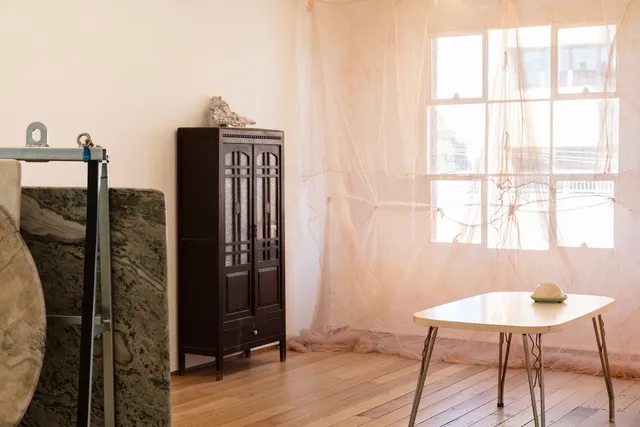



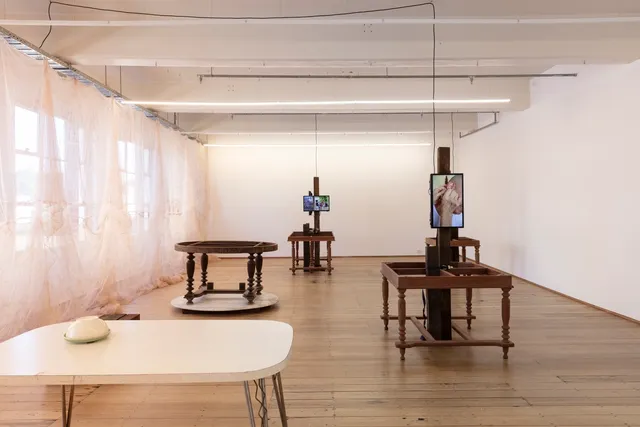



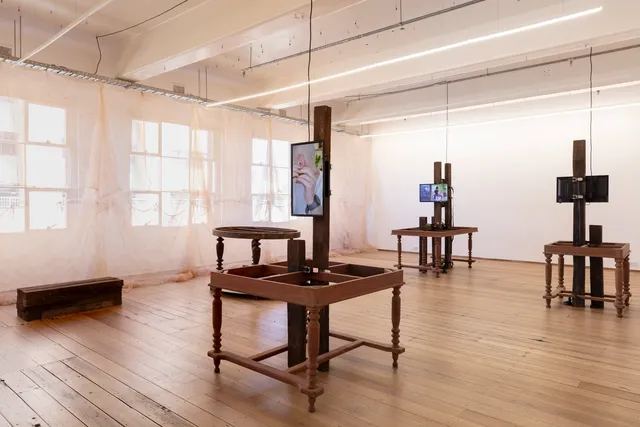


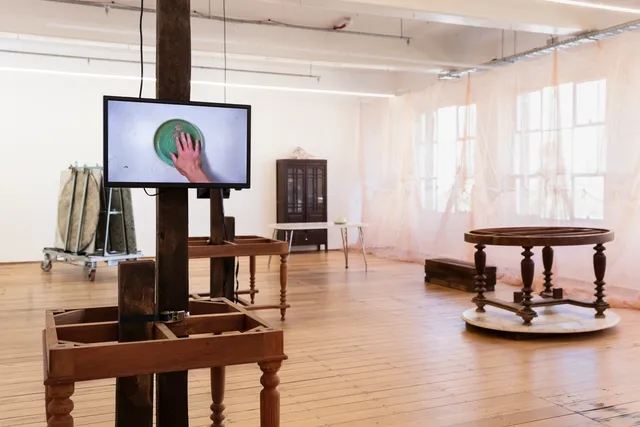

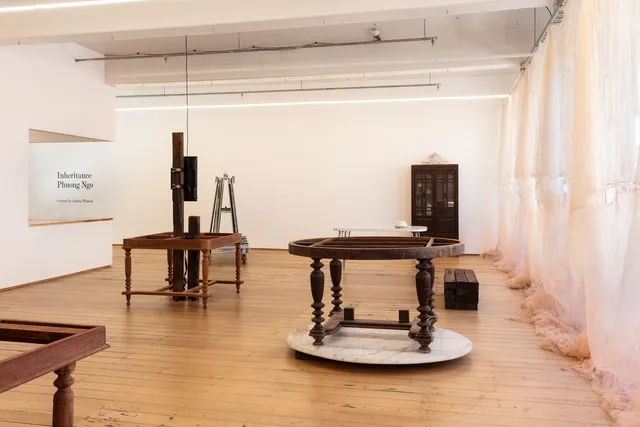
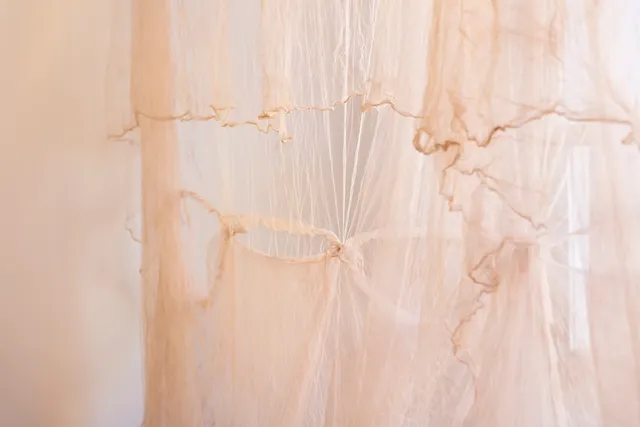

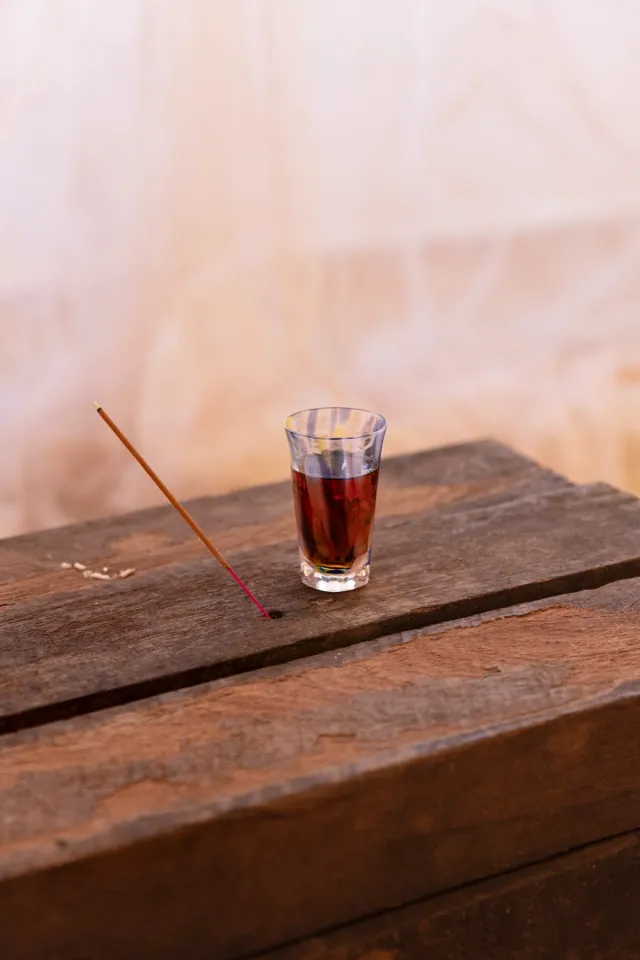
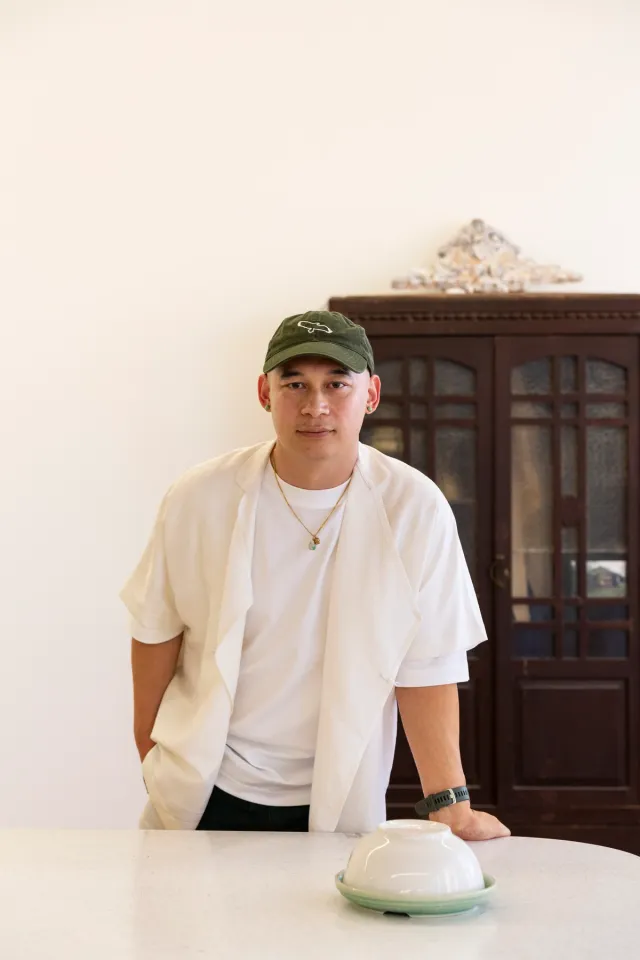
Phuong Ngo is an artist and curator in Naarm/Melbourne. Ngo's practice is concerned with the interpretation of history, memory, and place as a form of comprehension for the present. Through an archival process rooted in a conceptual practice, Ngo seeks to find linkages between culture, politics, public and private histories.
